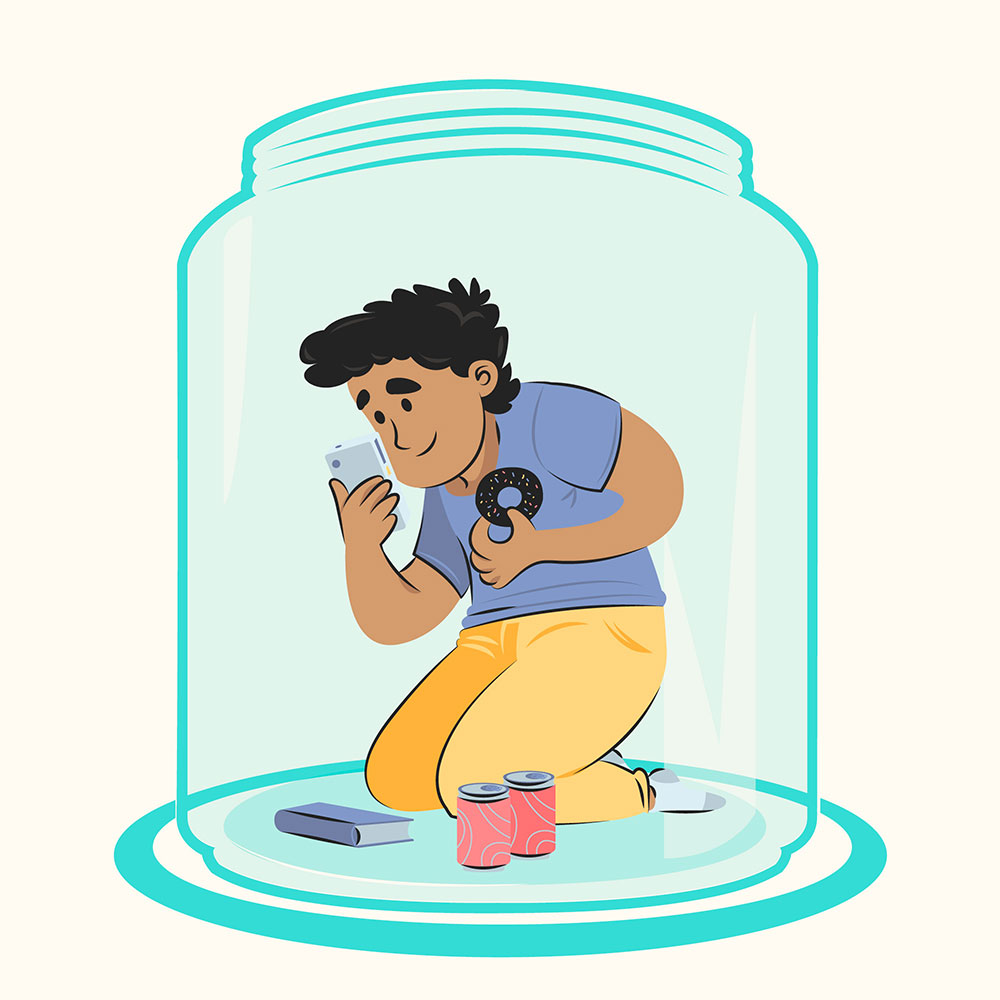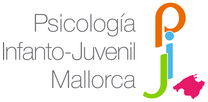
Many of you come to therapy with doubts or concerns about whether some of your difficulties in emotional management or relationships and attachments are related to the way your parents or guardians raised you.
Of course, the answer will vary depending on the specific issues you present, the type of attachment during parenting and many other external and internal factors.
Today, however, we will focus on a very specific profile: overprotective parenting.
What is overprotective parenting?
During childhood and adolescence, many of us perceive our parents as overprotective. In many cases, this is just an exaggerated perception because, to some extent, their role is to look after us and ensure our well-being. However, there are times when this level of protection is excessive and even persists into our adult lives, directly impacting our emotional development. Nonetheless, we must remember that, in most cases, parents or guardians have good intentions.
Let’s first define what we mean by overprotective parenting. Parents or guardians with this style typically exhibit the following characteristics:
Out of fear or a desire to protect their children from any possible pain, risk, or difficulty, they tend to intervene excessively in their lives:
- They try to solve problems for them.
- They prevent them from facing failures or conflicts.
- They excessively control their activities, friendships, or decisions.
- They strictly regulate their routine and limit their freedom.
- They justify or minimize their mistakes instead of teaching them to take responsibility.They prevent them from engaging in normal activities due to fear of harm or suffering.
- They instill the belief that they are incapable of solving problems or making decisions on their own.
- They tend to soften reality
Effects of overprotective parenting on emotional development
If you recognize your parents or guardians in the description above, it’s time to assess the potential effects of this upbringing. The most common ones are:
Low Tolerance for Frustration
When we grow up without having to face frustrations or setbacks—because someone resolves them for us before we have the chance to handle them—we don’t develop the necessary skills to manage difficult situations. This deficiency in coping with frustration can lead to difficulties in managing stress and disappointments in the future, resulting in anxiety, despair, or even a tendency to abandon projects and goals when things become challenging. When we don’t face challenges or difficult situations, we can develop a fear of failure and generalized anxiety about making mistakes, which may lead us to avoid new experiences or miss opportunities.
Example: A young woman in college has a difficult subject. After receiving a poor grade on her first exam, she panics and feels she will never pass. Instead of asking the professor for help or working harder, she decides to drop the course.
Low Self-Esteem and Emotional Dependence
In an overprotective environment, children may come to believe they are incapable of making decisions or acting without their parents’ intervention. If we do not experience autonomy, we do not develop confidence in our abilities, leading to feelings of incompetence or inefficacy. This lack of self-confidence can result in low self-esteem. In adulthood, this may translate into excessive dependence on others, difficulty making decisions without external validation, and negative effects on both personal relationships and the professional sphere.
Example: A person repeatedly asks friends if they are sure about a restaurant choice before committing. At work, despite having good ideas, they don’t share them for fear of being wrong. When faced with a bureaucratic task, they call their mother to guide them through each step.
Lack of Social Skills
When parents or guardians excessively intervene in our social interactions, we do not develop the necessary skills to navigate social environments. This can result in difficulties handling confrontation, resolving conflicts, or dealing with rejection. In some cases, this overprotection may also hinder the development of empathy and the ability to understand others’ emotions, affecting our interpersonal relationships.
Example: An adult receives criticism from a colleague in a meeting. They feel extremely uncomfortable and anxious, but instead of defending their point of view or seeking a solution, they avoid the topic, stop talking to that person, and discuss it with their mother, expecting her to tell them how to handle the situation. Over time, they avoid meetings and any situation where they might receive criticism.
Distorted Perception of Reality
When others make decisions for us, we do not experience the challenges or consequences associated with those decisions. As a result, our perception of reality can become distorted, leading us to believe that things will always work out or that someone else will handle problems for us. As we grow, this lack of experience can hinder our ability to adapt to real life, making us more vulnerable to uncertainty and setbacks.
Example: A young person assumes that things will always be solved without much effort. When they get their first job, they assume their boss will always give them second chances if they forget to complete tasks. However, after several warnings, they get fired. Instead of taking responsibility, they believe it was unfair.
Difficulty Making Decisions
Again, by not having the opportunity to practice decision-making and learn to take responsibility for our choices, we grow up struggling to make decisions in adulthood. This indecisiveness can lead to stress and anxiety due to a lack of confidence in our ability to act independently.
Example: An adult receives a job offer in another city but doesn’t know what to do. Instead of analyzing the pros and cons themselves, they repeatedly call their parents, hoping they will decide for them.
Difficulties Managing Independence
Having to take on responsibilities alone can be overwhelming when we haven’t been allowed to learn how to handle these situations from an early age. This can manifest in difficulties living independently, managing professional life, or establishing autonomous and healthy relationships.
Example: A young adult struggles to manage their budget when they move out on their own.
Dependent Relationship with Parents/Guardians
In an overprotective upbringing, the relationship between parents or guardians and children can become extremely dependent and unbalanced. This situation creates a lack of healthy boundaries, and upon reaching adulthood, we may struggle to separate our identity from that of our parents or guardians. It is also common to experience feelings of guilt or resentment, as the child feels that their decisions or desires are not entirely their own.
Example: A person feels guilty about moving far from their parents, even though it is an important opportunity for personal and professional growth. They also rely on their parents to choose the most suitable doctor for them instead of making the decision themselves.
However, despite everything described above, it is possible to mitigate these effects. As adults, we have the ability to learn all the skills we were not taught as children, allowing us to become much more functional in our lives. Through cognitive-behavioral therapy, we will create a plan tailored to your difficulties.
Júlia Tarancón Estades
Registered Psychologist B-03232








